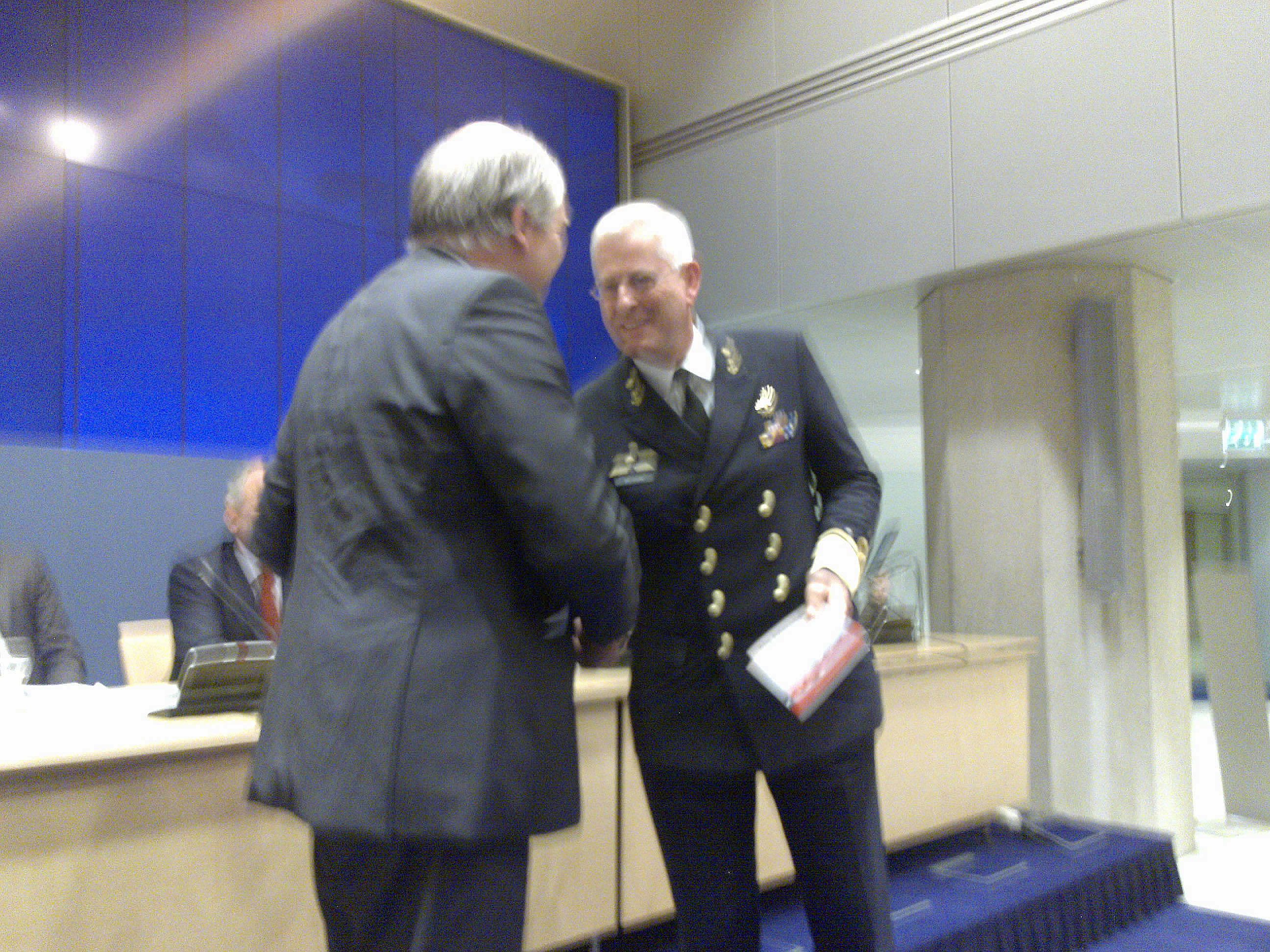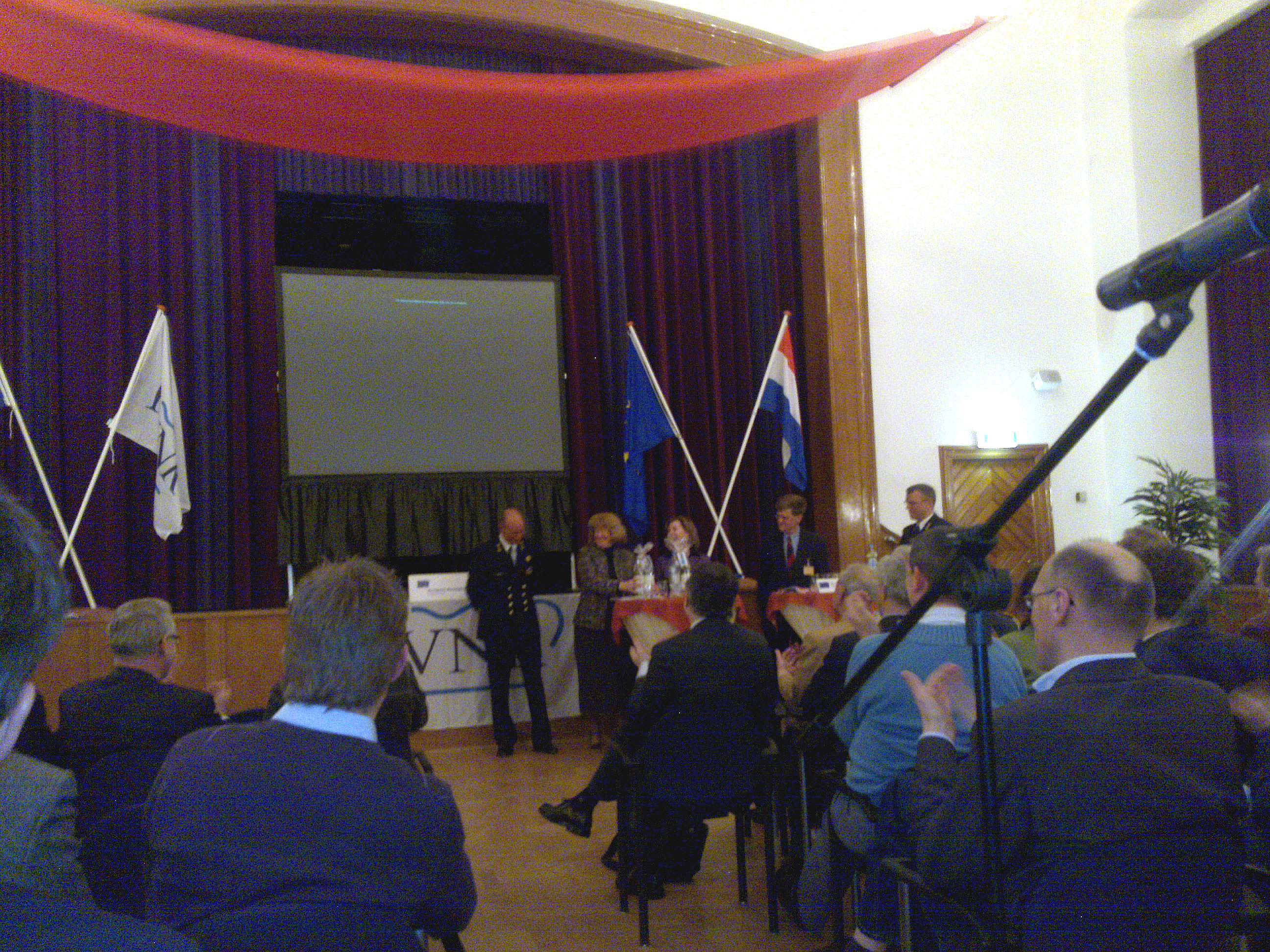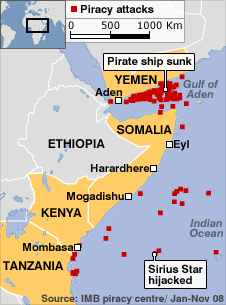A big mixed audience participated the seminar: maritime representatives, shipping companies, government representatives and ngo's. Except views of the side of western countries, also Somalia perspectives got a chance. All with the aim to minimize the damage. Piracy is not a group of heroic outlaws from a folklore, but hard reality of 1.000 armed men (mostly from Puntland), captured ships and crew (November 2010: 21, respectively 500). Acting and operating against piracy should be done careful. Protecting security in the Gulf and the basin is the goal, otherwise Somali could see it as a crime against society. It should be clear that it is about fighting piracy, not against fishermen. Otherwise young people (fishermen) can choose for piracy.
The Clingendael Institute and the Netherlands Ministry of Foreign Affairs organized an expert-seminar on counterpiracy. The aim of the
seminar was to discuss recent developments relevant to piracy in the Gulf of Aden and the Somali basin both within Somalia and at
international level.
Piracy does not occur only in the Gulf of Aden and Somali basin. In the world are still other territories, where piracy operates. Malacca
Street,
the Suez Canal and Panama Canal are examples. Somali piracy,
however, is of very large and awkward scale (NATO Shipping Center Alerts).


